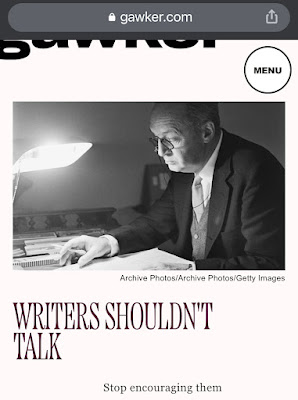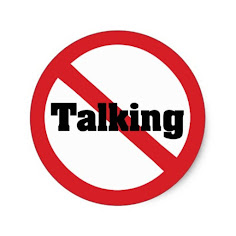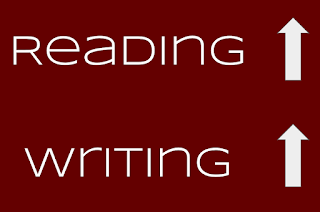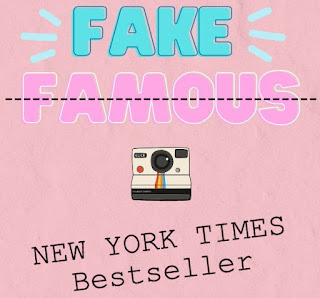 |
| Moshik Nadav Typography |
One swell way to deal with a difficult moment in life is to assume that there's an underling (positive) reason (i.e., حكمة) behind the occasion. And as a writer, you may be able to use that difficult moment as a muse for your writing. So instead of belaboring the unfortunate event, like humorist Art Buchwald, ask yourself: "How can I use this stuff to my literary advantage?"
"I’m working when I’m fighting with my wife. I constantly ask myself - how can I use this stuff to my literary advantage." - Art Buchwald






























